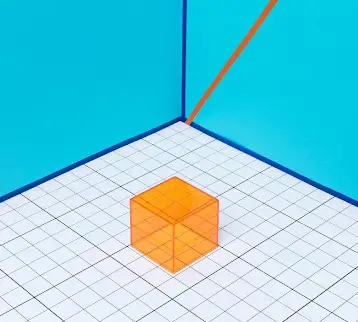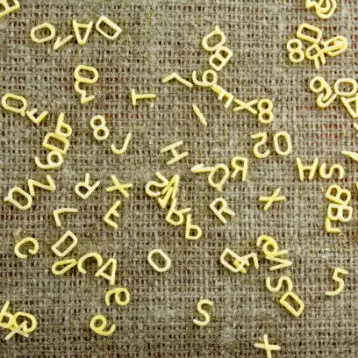Momenta uses Microsoft’s SLIM operating system and has wide-coverage 700 MHz WiFi wireless to connect to the Web. In addition, a projection display button allows the user to project a visual-gestural interface onto any surface. This portable PC enables the wearer to view and respond to emails at all times and from any location. Another option is to connect wirelessly to a physical keyboard and display unit.
Momenta’s low energy projection system uses extended cavity surface emitting optoelectronic chip-laser technology. This portable PC is powered by micro fuel-cell batteries thanks to its molecular-shift CPU and memory. It consists of a single flex circuit enclosed in anodized aluminum links, with a thermally isolated interior and polycarbonate alloy work.
Momenta is designed to double as a fashion accessory, as it functions as a customized necklace. One can easily select and download a desired image or interactive design that will appear on the OLED front cover screen via the graphical personalization system.
This device also provides additional safety to its wearer as the built-in body sensors are used to monitor one’s health and alert of dramatic changes. Furthermore, it is meant to intimidate violent criminals and make them think twice before acting, as they will know that they will immediately be recorded (although its not clear what will prevent an attacker from stealing or destroying the necklace).
Momenta’s environmental effects will be reduced thanks to its viability without peripherals. Unlike other PCs, which are usually bigger, Momenta’s small size makes it cheaper to manufacture and also reduces its environmental impact.
In 2006, TFOT published an article about the ability to store one’s entire life experiences on an accessible and easily searchable file. In the article, this idea and some of the problems involved in its application are examined, and a unique project towards this end, being carried out at Microsoft’s research laboratories, is presented.
More information about Momenta can be found at the Next-Gen PC Design Competition website.










